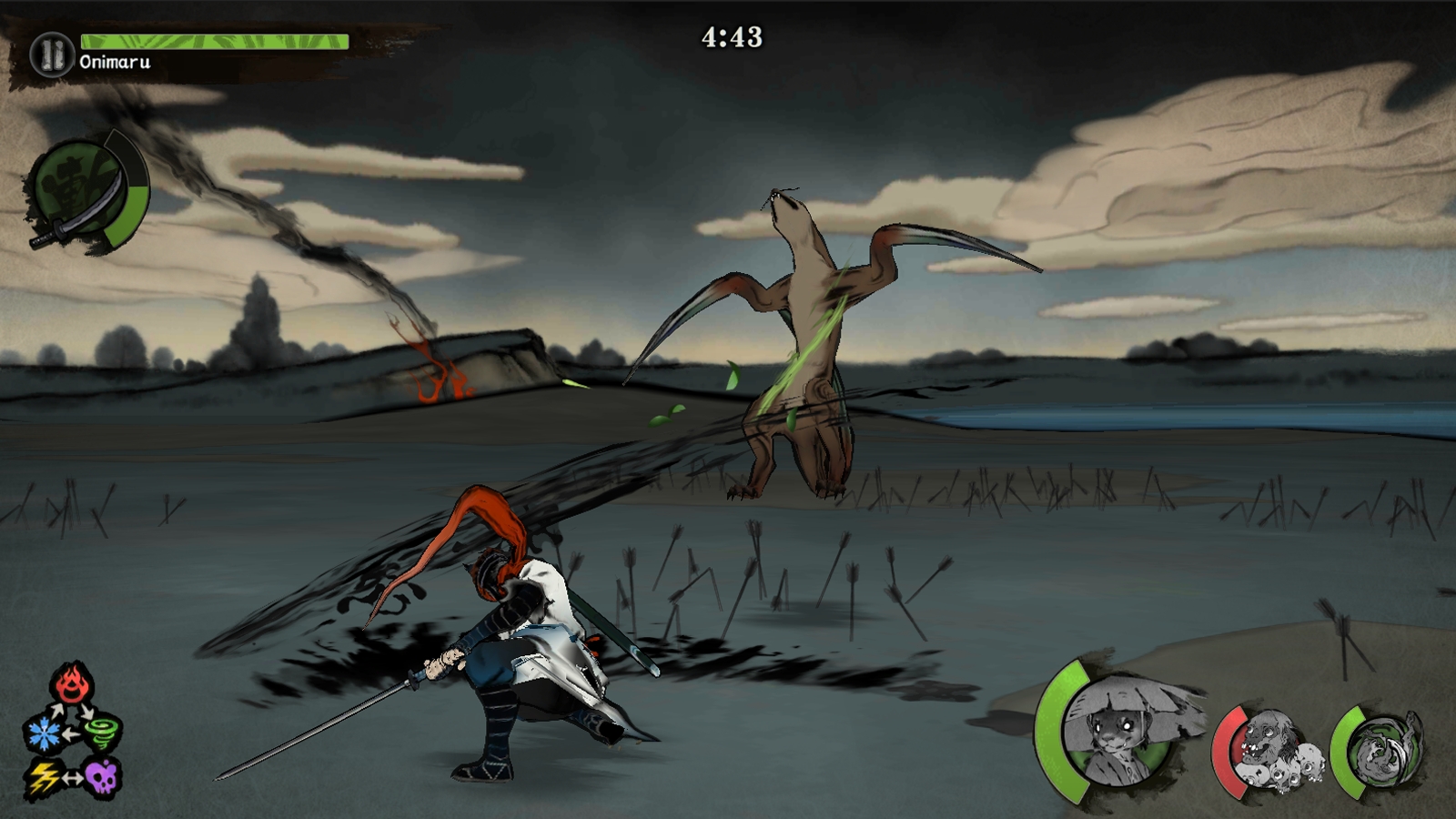
End of the 18th Dynasty, around 1325 BCEīoth deities and demons can act as intermediaries to deliver messages to humans. From a royal tomb in the Valley of the Kings, Thebes, Egypt. The hands probably outstretch to hold two snakes. The German word ( Dämon), however, is different from devil ( Teufel) and demons as evil spirits, and akin to the original meaning of a Daimon. The English use of demon as synonym for devils goes back at least as far as about 825. The Western medieval and neo-medieval conception of a demon derives seamlessly from the ambient popular culture of Late Antiquity. This was then inherited by the Koine text of the New Testament.


It was no longer beautiful, it was infested." The term had first acquired its negative connotations in the Septuagint translation of the Hebrew Bible into Greek, which drew on the mythology of ancient Semitic religions. Far into the Byzantine period Christians eyed their cities' old pagan statuary as a seat of the demons' presence. By the early Roman Empire, cult statues were seen, by pagans and their Christian neighbors alike, as inhabited by the numinous presence of the gods: "Like pagans, Christians still sensed and saw the gods and their power, and as something, they had to assume, lay behind it, by an easy traditional shift of opinion they turned these pagan daimones into malevolent 'demons', the troupe of Satan. In fact, εὐδαιμονία eudaimonia, (literally good-spiritedness) means happiness. The Greek terms do not have any connotations of evil or malevolence. The original Greek word daimon does not carry the negative connotation initially understood by implementation of the Koine δαιμόνιον ( daimonion), and later ascribed to any cognate words sharing the root. The Greek conception of a daimōn notably appears in the works of Plato, where it describes the divine inspiration of Socrates. Daimōn most likely came from the Greek verb daiesthai (to divide, distribute).

The Ancient Greek word δαίμων daemon denotes a spirit or divine power, much like the Latin genius or numen. įurther information: Daemon (classical mythology), Agathodaemon, Cacodemon, Daimonic, and Eudaimonia Such demons are not the Greek intermediary spirits, but hostile entities, already known in Iranian beliefs. In Christianity, morally ambivalent daimons were replaced by demons, forces of evil only striving for corruption.

The Ancient Greek word δαίμων daimōn denotes a spirit or divine power. The original Greek word daimon did not carry negative connotations. In the contemporary Western occultist tradition (perhaps epitomized by the work of Aleister Crowley), a demon (such as Choronzon, which is Crowley's interpretation of the so-called "Demon of the Abyss") is a useful metaphor for certain inner psychological processes (inner demons), though some may also regard it as an objectively real phenomenon. Demons are still feared largely due to their alleged power to possess living creatures. The supposed existence of demons remains an important concept in many modern religions and occultist traditions. In Western occultism and Renaissance magic, which grew out of an amalgamation of Greco-Roman magic, Jewish Aggadah and Christian demonology, a demon is believed to be a spiritual entity that may be conjured and controlled. Large portions of the Jewish demonology, a key influence on Christianity and Islam, originated from a later form of Zoroastrianism, and was transferred to Judaism during the Persian era. In ancient near eastern religions and in the Abrahamic religions, including ancient and medieval Christian demonology, a demon is considered a harmful spiritual entity which may cause demonic possession, calling for an exorcism. Mephistopheles (a medieval demon from German folklore) flying over Wittenberg, in a lithograph by Eugène Delacroix.Ī demon is a supernatural entity, typically associated with evil, prevalent historically in religion, occultism, literature, fiction, mythology, and folklore as well as in media such as comics, video games, movies, anime, and television series.


 0 kommentar(er)
0 kommentar(er)
